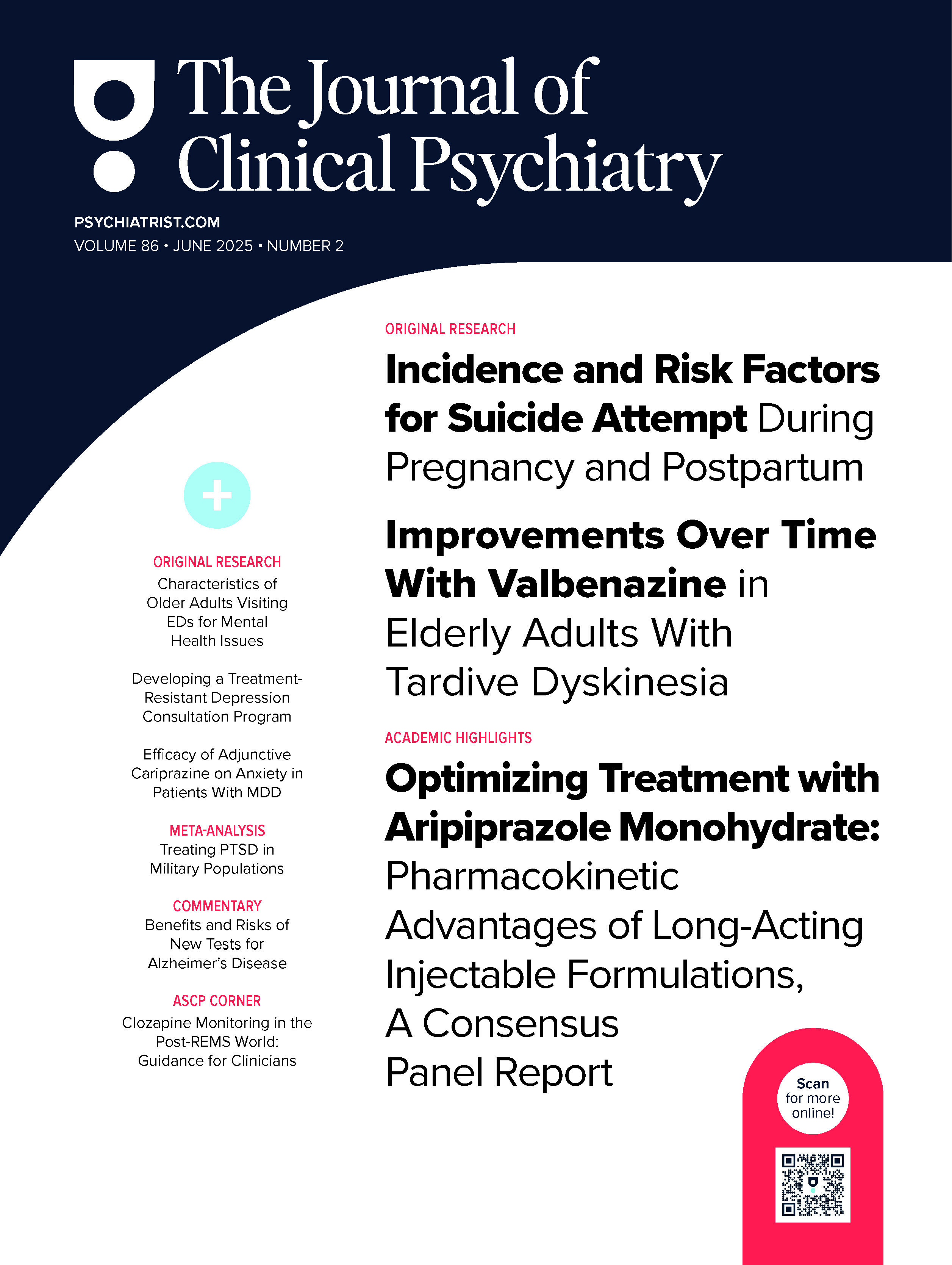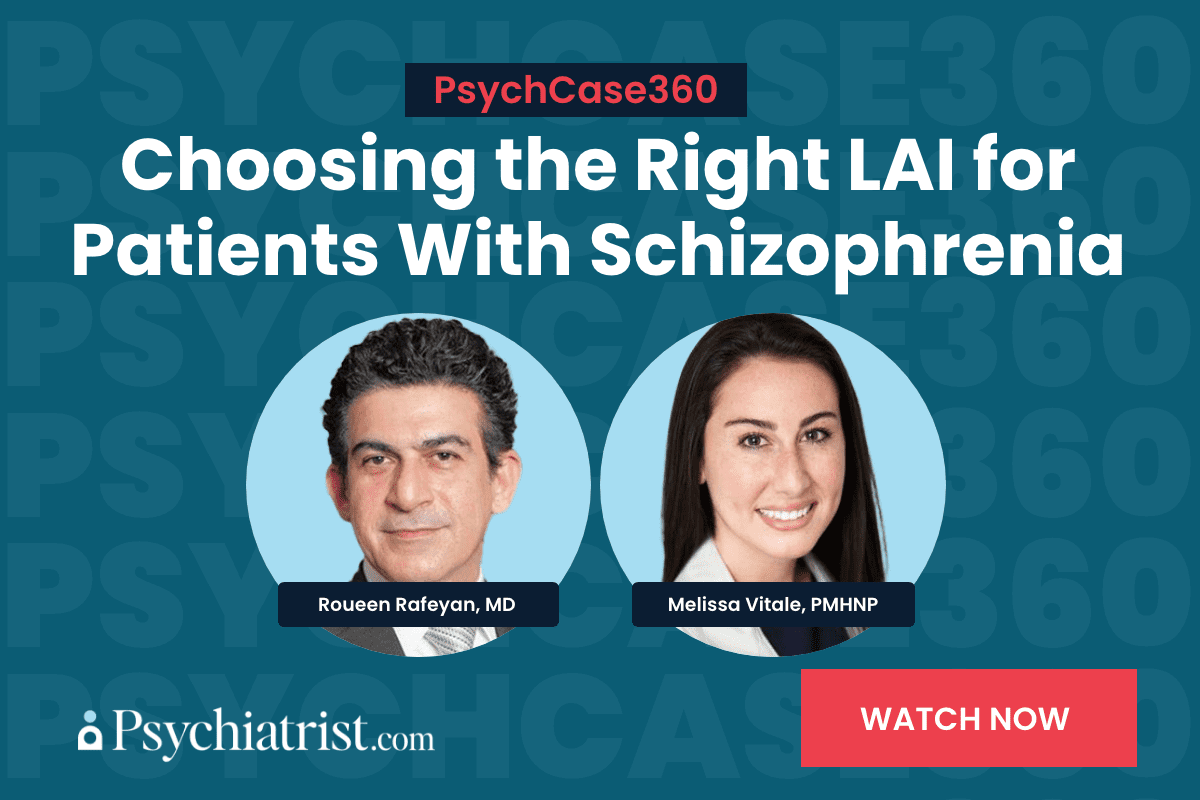Background: Mortality rates in patients with schizophrenia are double compared to those in the general population, with cardiovascular disease causing 50% of the excess. Lowering low-density lipoprotein (LDL) cholesterol is recognized as a primary target for the prevention of cardiovascular mortality according to the National Cholesterol Education Program-Adult Treatment Panel III. Use of lipid-lowering drugs such as statins is recommended when lifestyle changes are not sufficient to reach the LDL goal. The efficacy and safety of rosuvastatin treatment were evaluated in schizophrenic patients.
Method: 100 schizophrenic patients with severe dyslipidemia were identified. All were treated with antipsychotics. Fifty-two patients were treated with rosuvastatin and compared with 48 who did not receive statin treatment. All patients were screened for cardiovascular risk factors and examined at baseline. The effects of lipid-lowering medication on lipid profile, glucose homeostasis, and components of metabolic syndrome were evaluated at 3-month follow-up. The study began in 2003, and all data available until December 2005 are reported.
Results: After 3 months of statin therapy, a significant decrease in triglycerides, total cholesterol, LDL cholesterol, and non-high-density lipoprotein (non-HDL) cholesterol and in associated ratios (LDL/HDL, total cholesterol/HDL) was observed. The difference was highly significant compared to patients not receiving statin treatment. No significant changes occurred in HDL cholesterol, body mass index and waist circumference, or glucose homeostasis. The only component of metabolic syndrome affected by statin therapy was the serum triglyceride level.
Conclusion: Rosuvastatin proved effective in the management of dyslipidemia in patients with schizophrenia treated with antipsychotics. More complex treatment may be required for associated metabolic disturbances.
‘ ‹’ ‹
Please sign in or purchase this PDF for $40.00.




